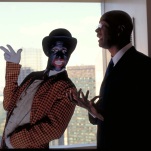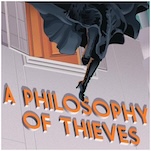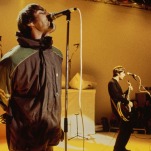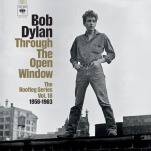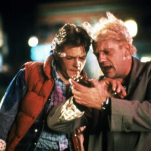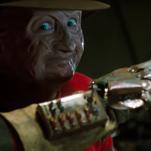Just Feel It: The Simple Vibe and Friendship at the Heart of Tenet
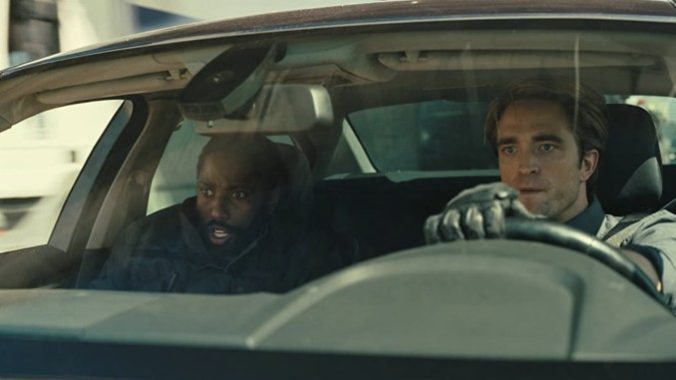
In retrospect, Tenet always seemed cursed to become the black sheep of Christopher Nolan’s filmography. In my mind, and likely in the minds of many others, it’s a film that will be forever associated with the confusion and uncertainty surrounding the start of the COVID-19 pandemic. Marketing for Tenet began in 2019, with Warner Brothers working to sell it as another formidable Nolan blockbuster that demanded theatrical attendance—the first teaser was initially only able to be seen theatrically, and the film’s prologue was played before IMAX screenings of Star Wars: The Rise of Skywalker. Like all Nolan features, there was a heavy push to see it in IMAX, as well as on 35mm or 70mm. It was made on Nolan’s largest budget for a non-franchise film to date.
Deadly viruses don’t much care about the movie business though and, like all other planned 2020 theatrical releases, Tenet was suddenly caught in a state of limbo similar to the one that the protagonists of Inception were trying to avoid. With an August release, Warner Bros. was afforded a little extra time to formulate a game plan, or to just try and wait the thing out. They ultimately settled on releasing the film in key markets internationally before slowly rolling it out in America, which was still in the midst of regularly-spiking rates of infection. Tenet became the first major studio tentpole to open following global lockdowns and was situated in the precarious position of being the hopeful prognosticator of a society ready to get back out to the movies. But its major domestic market was still unsure if it was a good call to spend two-and-a-half hours surrounded by germy people—or couldn’t go even if they wanted to.
-

-

-

-

-

-

-

-

-

-

-

-

-

-

-

-

-

-

-

-

-

-

-

-

-

-

-

-

-

-

-

-

-

-

-

-

-

-

-

-



